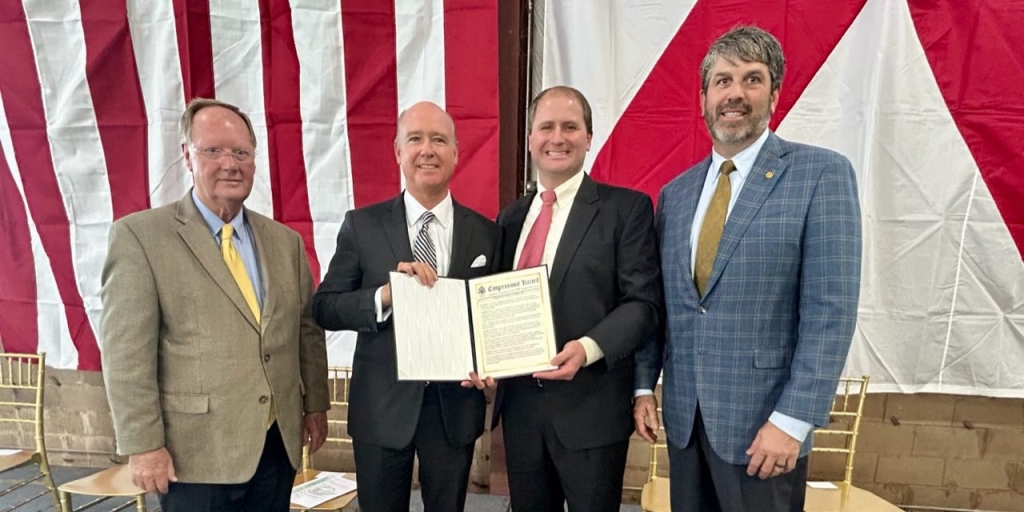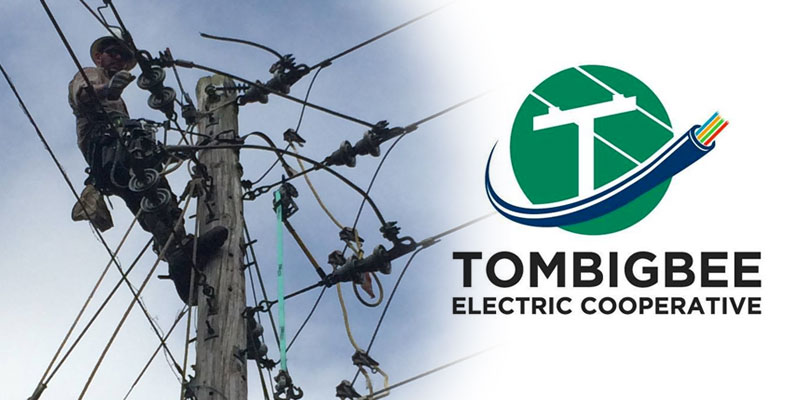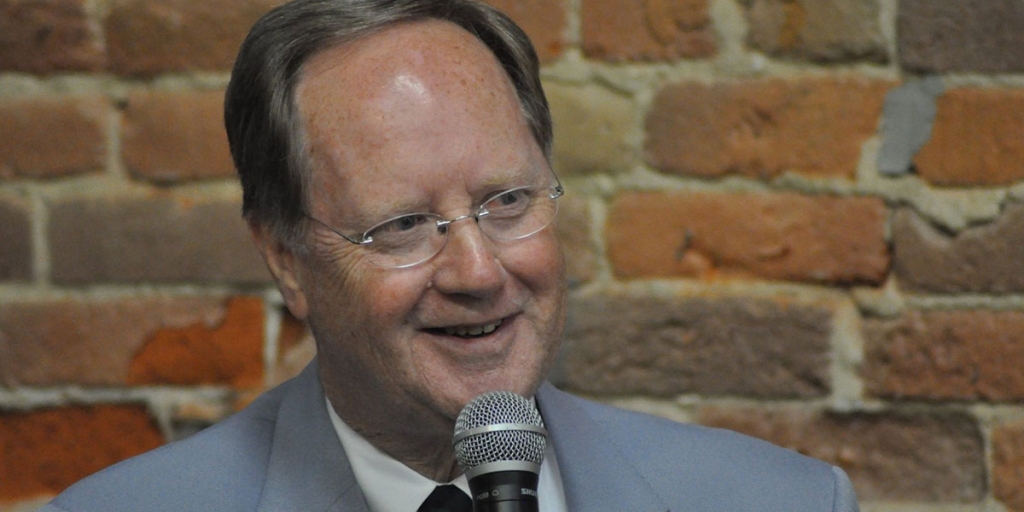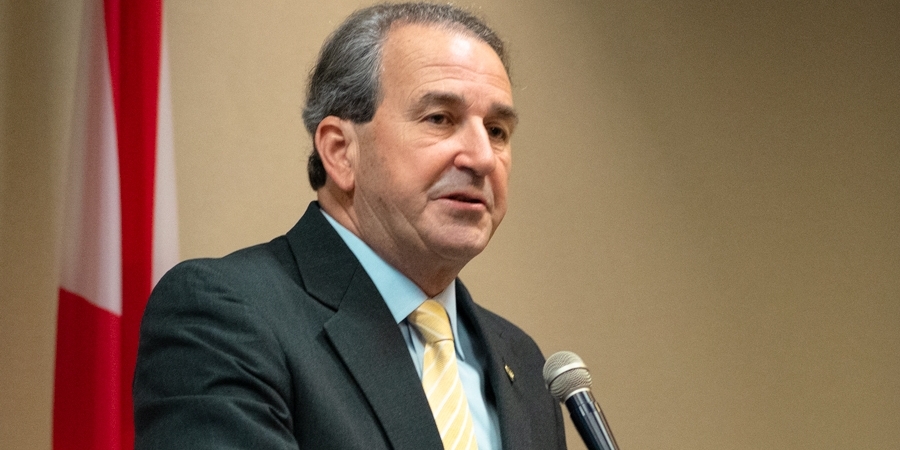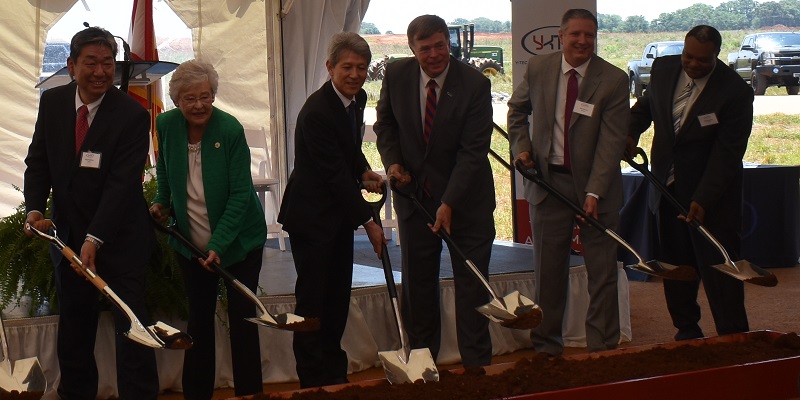With the support of a broad coalition of legislators and stakeholders behind it, a key rural broadband initiative received final passage in the Alabama legislature on Wednesday.
The bill, carried by State Rep. Randall Shedd (R-Cullman) and State Sen. Steve Livingston (R-Scottsboro) in their respective chambers, will allow electricity providers to run broadband using their existing easements.
This is expected to encourage electric providers to invest in broadband deployment and accelerate the cost-effective expansion of broadband access in rural Alabama, in many cases using existing infrastructure.
This was one of two bills legislative leadership prioritized to grow the state’s broadband infrastructure. The other, a bill sponsored by State Sen. Clay Scofield (R-Guntersville), would increase the amount of resources devoted to building out broadband in unserved, rural areas. Scofield’s bill awaits final approval from the House of Representatives.
Senate President Pro Tem Del Marsh (R-Anniston) previously noted the importance of both pieces of legislation.
“These are the two bills that will help us… provide for our citizens, who I believe consider the broadband infrastructure a ‘number one issue’ for the state of Alabama,” he said. “It will have great impact on all of our education… as well as economic development.”
The intent of the ongoing effort is to spur economic development and enhance quality of life for rural areas through greater access to high-speed broadband.
Those were among the benefits outlined by Blake Hardwich, executive director of the Energy Institute of Alabama.
“The passing of this historic bill is important for our state and brings us one step closer to greater economic gains, workforce development opportunities and educational advancements,” Hardwich said in a statement. “We are excited our member companies across the state can be a part of closing the digital divide while also providing reliable and safe electricity to our communities.”
HB 400 now goes to the governor for her signature.
Editor’s note: This story has been updated from a previous version.
Tim Howe is an owner and editor of Yellowhammer News






